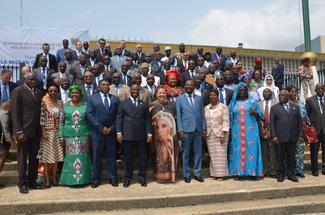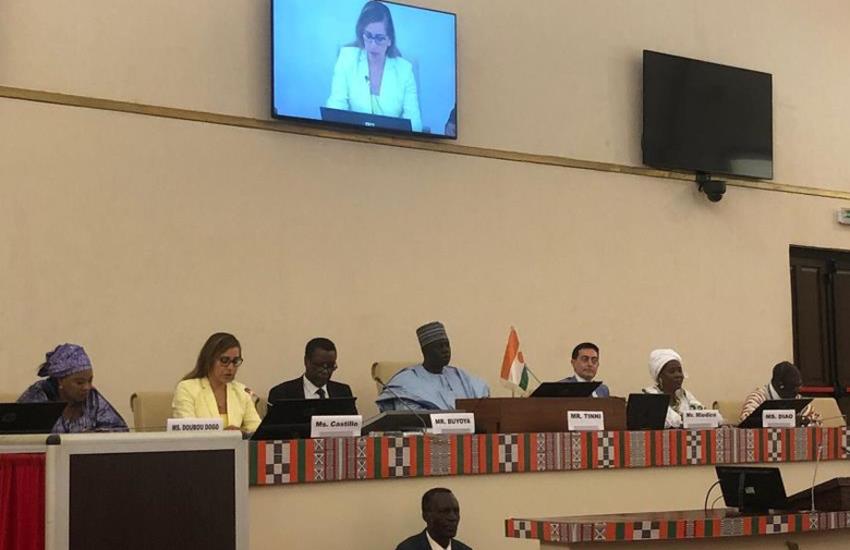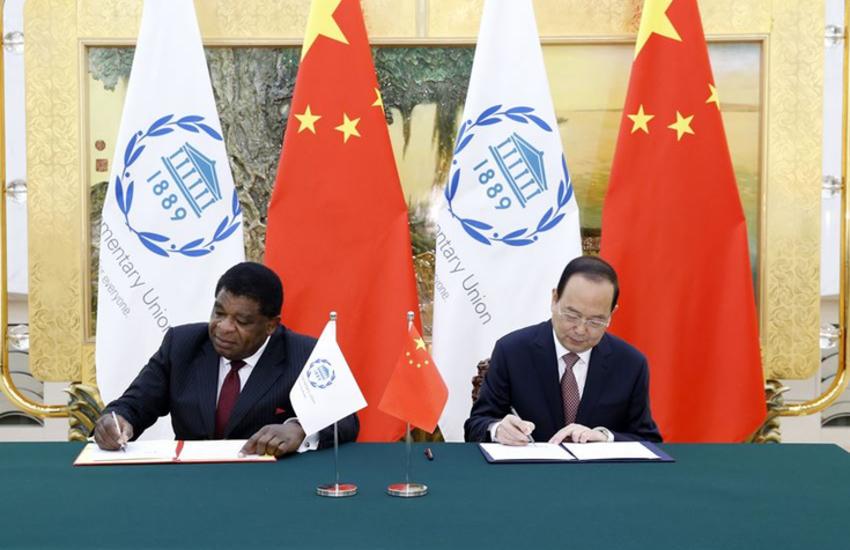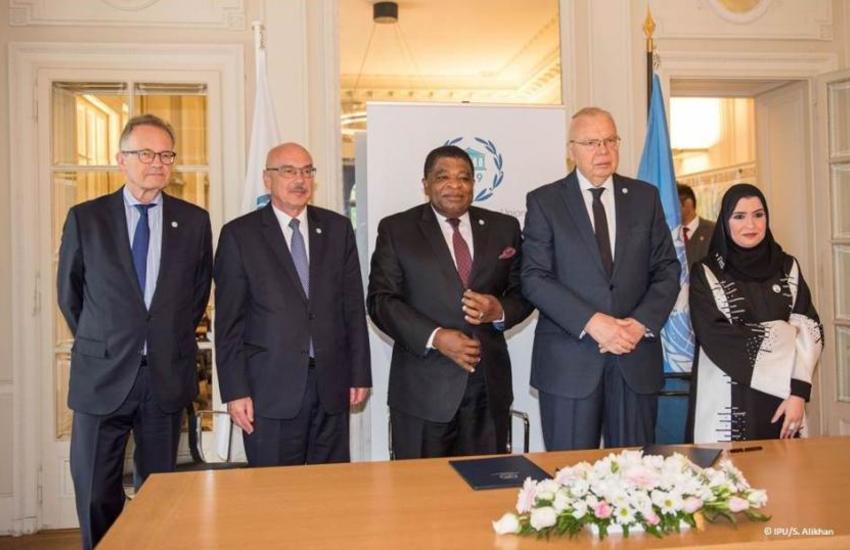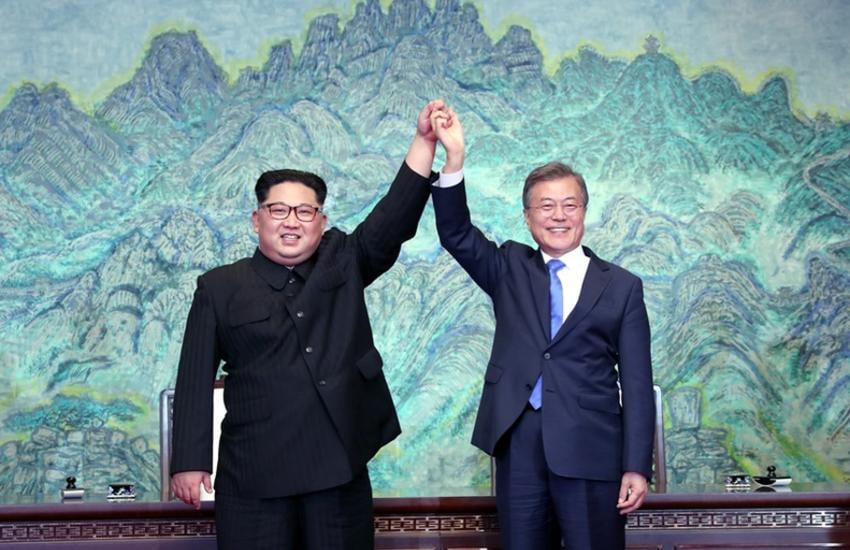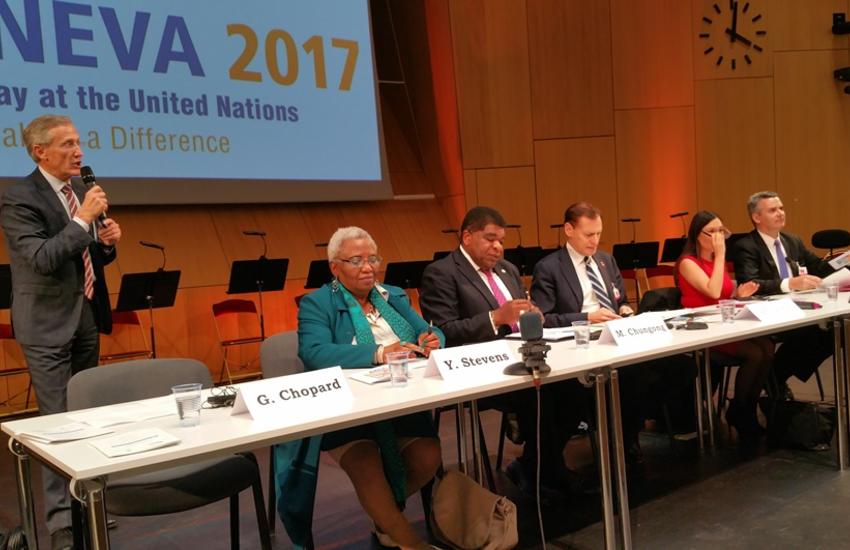Members of Parliament from across Africa have recommended fresh action to halt the spread of weapons of mass destruction (WMDs), after a seminar in Côte d’Ivoire. More than 70 MPs from 18 countries took part in the seminar, the first event to bring together MPs from one continent to discuss the implementation of UN Resolution 1540, which deals with the threat posed by WMDs especially when they are in the hands of non-State actors. The event was jointly organized by IPU and the Parliament of Côte d’Ivoire, in partnership with the 1540 Committee and the UN Office for Disarmament Affairs. It delivered practical information on the risks posed by WMDs, and how parliaments can act by implementing Resolution 1540. A roadmap will be developed in the light of the seminar’s conclusions, with MPs proposing that this should include practical tools on how to implement the resolution.
IPU Secretary General Martin Chungong told the seminar: “The danger of terrorist groups making use of weapons of mass destruction to advance their criminal causes is very real… It really takes an effort in global cooperation for MPs in every country to realize that they have an obligation to act and to prevent the proliferation of weapons of mass destruction.” Other speakers included Isidor Marcel Sene of the 1540 Committee; Jean Albert Agbre, Delegated President of the IPU national group; and Olatokunbo Ige, Director of the UN Regional Centre for Peace and Disarmament in Africa (UNREC), who was also representing the UN Office for Disarmament affairs (UNODA). The Speaker of the National Assembly of Côte d’Ivoire, Guillaume Soro, opened the seminar.
WMDs are most likely to spread in areas of conflict and terrorist activity. Resolution 1540 (PDF) obliges governments to implement effective laws, rules and regulations to prevent terrorists and other non-State actors from acquiring them.





